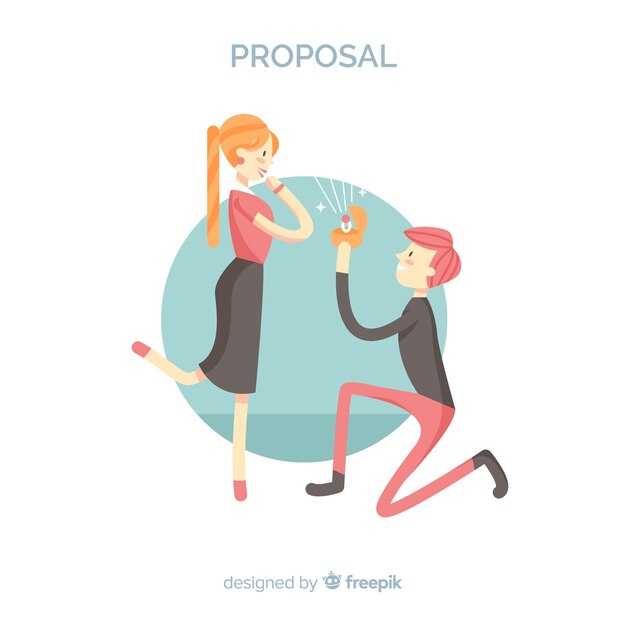Do you know what my underlying aim is? To stop the power struggles that damage so many relationships. Too often couples fall into imbalanced dynamics of control, and people may not realize how destructive that can be. Dr. John Gottman’s research with thousands of couples found that in heterosexual relationships, if a man refuses to accept his partner’s influence, there is an 81 percent chance the relationship will collapse. This observation isn’t an attack on men — women can be controlling and dismissive as well. The point isn’t gender; it’s that domination, control, and self-centeredness inevitably cause pain and heartbreak in close relationships. If you feel like you’re always walking on eggshells, that’s a real problem. If you carefully choose words so you won’t be disrespected or belittled, that’s not healthy. If you have to raise your voice just to be heard, that’s wrong. Nobody should be manipulated or dominated. When a partner calls you names, yells, minimizes your pain, cannot listen to your feelings without retreating into victimhood, reversing blame, or gaslighting—when vulnerability is punished—this isn’t merely emotional immaturity. It’s about power: someone is insisting on control. Pay attention to what happens when you set a boundary or try to express hurt. Notice how they respond when you ask for love in a different way — often the reaction is punishment instead of openness. They refuse to accept your influence, prioritize only themselves, and create a toxic, destructive pattern that can become abusive. If a partner pressures you into sexual activity you’re uncomfortable with, that is abuse: it isn’t about mutual care, pleasure, or safety, it’s about control and it corrodes the relationship. This is a call to notice red flags and to stop power struggles early or wherever they appear. You are an equal in this partnership: your feelings matter, your voice matters, your needs matter, and your safety matters. Accepting a partner’s influence means saying, “You matter to me; I value you, I respect you, I honor you. I would never want you to feel dismissed, neglected, hurt, disrespected, or abandoned.” That is the essence of love. If you do not experience that, and feel dominated by your partner, take steps to be safe and consult a professional who can help you navigate this dynamic, whether you plan to stay or leave.

Practical signs that one partner is holding the power:
- Decisions are made unilaterally or your needs are routinely overridden.
- You feel afraid to disagree, express anger, or share worries because of the reaction.
- Your boundaries are ignored, mocked, or punished.
- Your social contacts, finances, or personal freedom are restricted or controlled.
- Your attempts to influence the relationship are dismissed or met with contempt.
- Frequent belittling, gaslighting, or threats (explicit or implied) are present.
How to respond and protect yourself (short-term and ongoing steps):
- Trust your instincts. If something feels wrong, it very often is.
- Set clear, specific boundaries (for example: “I will not accept being called names. If it happens, I will leave the room.”) and state consequences you will follow through on.
- Use calm, short statements to assert needs: “I feel hurt when X happens. I need Y.” Avoid long lectures when safety is a concern.
- Seek support from trusted friends, family, or a therapist—don’t try to handle controlling behavior alone.
- Document incidents (dates, times, what happened) and keep copies of threatening messages or financial records, especially if the behavior escalates.
- If you are in immediate danger, call your local emergency number. If you are experiencing domestic violence, contact your local or national domestic violence hotline for confidential advice and shelter options.
What healthy power-sharing looks like:

- Mutual influence: both partners are willing to be shaped by the other’s needs and perspectives.
- Respectful disagreement: conflicts are addressed without contempt, name-calling, or coercion.
- Shared decision-making on important issues while honoring individual autonomy on personal matters.
- Repair and apology: when one partner hurts the other, sincere repair attempts are made and accepted.
- Emotional safety: both partners can express vulnerability without fear of punishment or ridicule.
Communication tools and scripts to try (safe, simple, and direct):
- I-statements: “I feel [emotion] when [behavior]. I need [specific change].”
- Soft startup: open conversations calmly, avoiding blame. “I want to talk about something that matters to me. Can we set aside 15 minutes?”
- Time-out plan: “If I get too upset, I will take a 20-minute break and come back to the conversation.”
- Ask for influence: “I’d like your input, and I’d also like you to hear how I see this.”
When to get professional and legal help:
- Couples therapy can help when both partners are willing to work and neither is controlling or abusive. Look for evidence-based approaches (e.g., Gottman Method, Emotionally Focused Therapy) delivered by trained therapists.
- If there is ongoing coercion, violence, sexual pressure, or threats, seek individual counseling and contact domestic violence services. A safety plan and legal advice may be necessary.
- Legal measures (restraining orders, child protection services, custody courts) may be appropriate when safety is at risk—consult an attorney or local advocacy organization.
Self-care and rebuilding autonomy:
- Reconnect with supportive people and activities that reinforce your identity and independence.
- Practice decision-making in small areas to rebuild trust in your judgment (finances, social plans, daily routines).
- Use grounding techniques and seek trauma-informed therapy if the relationship has caused sustained fear or anxiety.
Final notes: You do not have to accept being controlled or diminished for the sake of “keeping the peace.” Healthy relationships require ongoing mutual influence, respect, and the safety to be vulnerable. If the dynamic feels abusive or you’re unsure how to proceed, reach out to a qualified professional, a trusted confidant, or an appropriate hotline in your area. If you are in immediate danger, contact your local emergency services right away.


 What happens when ONE person holds the POWER in the Relationship?">
What happens when ONE person holds the POWER in the Relationship?">

 4 Powerful Emotional Stages Avoidants Face When You Finally Step Back | Avoidant Attachment Style">
4 Powerful Emotional Stages Avoidants Face When You Finally Step Back | Avoidant Attachment Style">
 THIS PROVES an AVOIDANT Wants You FOREVER (and Loves You Deeply)">
THIS PROVES an AVOIDANT Wants You FOREVER (and Loves You Deeply)">
 Why Your Traumatized Self CRAVES ORDER">
Why Your Traumatized Self CRAVES ORDER">
 The 5 Unspoken Rules for Making an Avoidant Man Finally Crave a Deep Connection">
The 5 Unspoken Rules for Making an Avoidant Man Finally Crave a Deep Connection">
 ">
">
 Ich habe herausgefunden, warum meine Beziehungen immer wieder scheiterten.">
Ich habe herausgefunden, warum meine Beziehungen immer wieder scheiterten.">
 Funktionieren Grenzen bei Narzissten?">
Funktionieren Grenzen bei Narzissten?">
 Tipps, um schneller von den Auswirkungen von Trauma zu heilen (4-Video-Kompilation)">
Tipps, um schneller von den Auswirkungen von Trauma zu heilen (4-Video-Kompilation)">
 Pornography is EXTREMELY dangerous to your Relationship">
Pornography is EXTREMELY dangerous to your Relationship">
 Dieser EINE Zuneigungs-Hack erzeugt unzerbrechliche Bindungen zu Vermeidertypen">
Dieser EINE Zuneigungs-Hack erzeugt unzerbrechliche Bindungen zu Vermeidertypen">